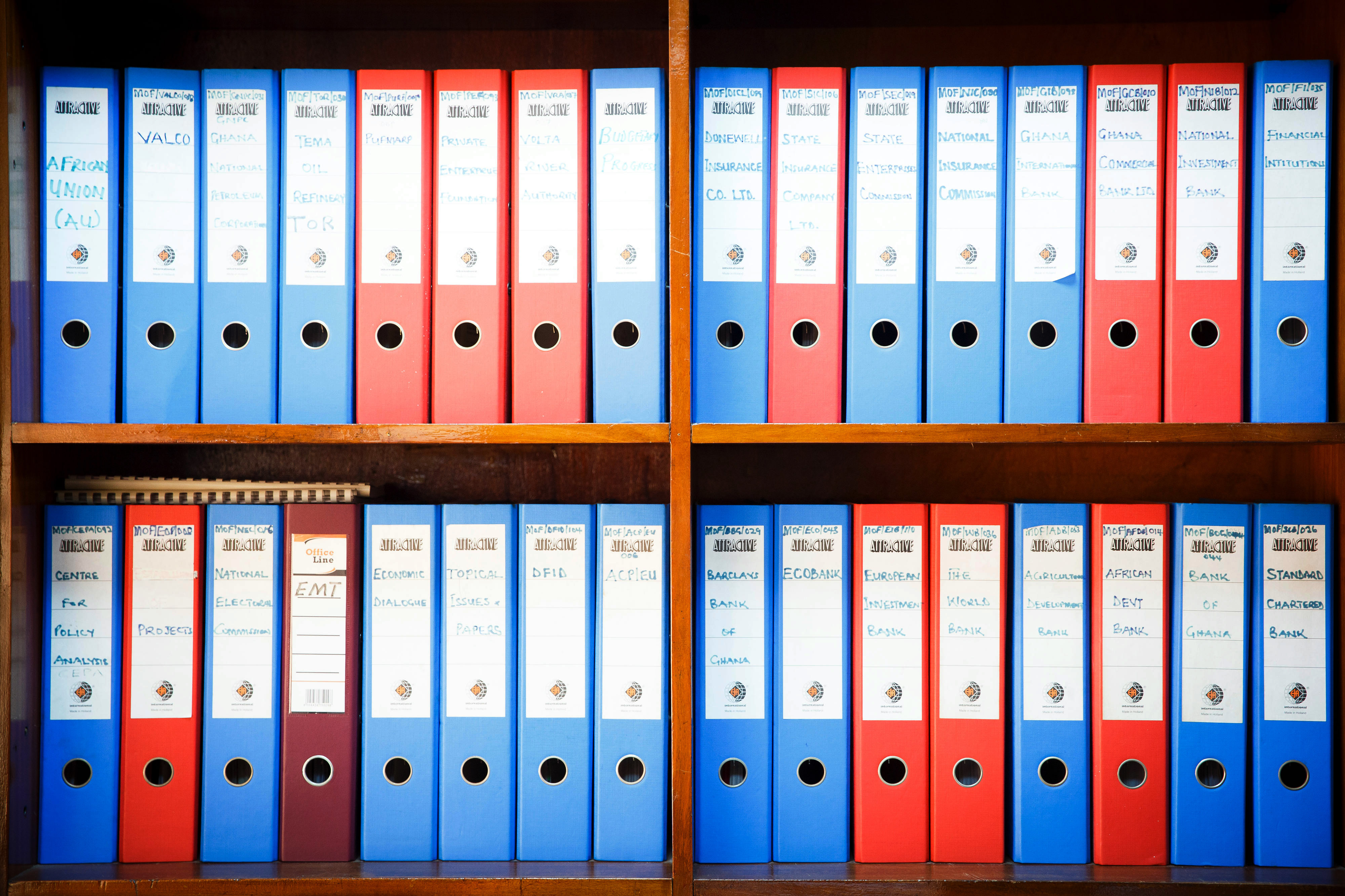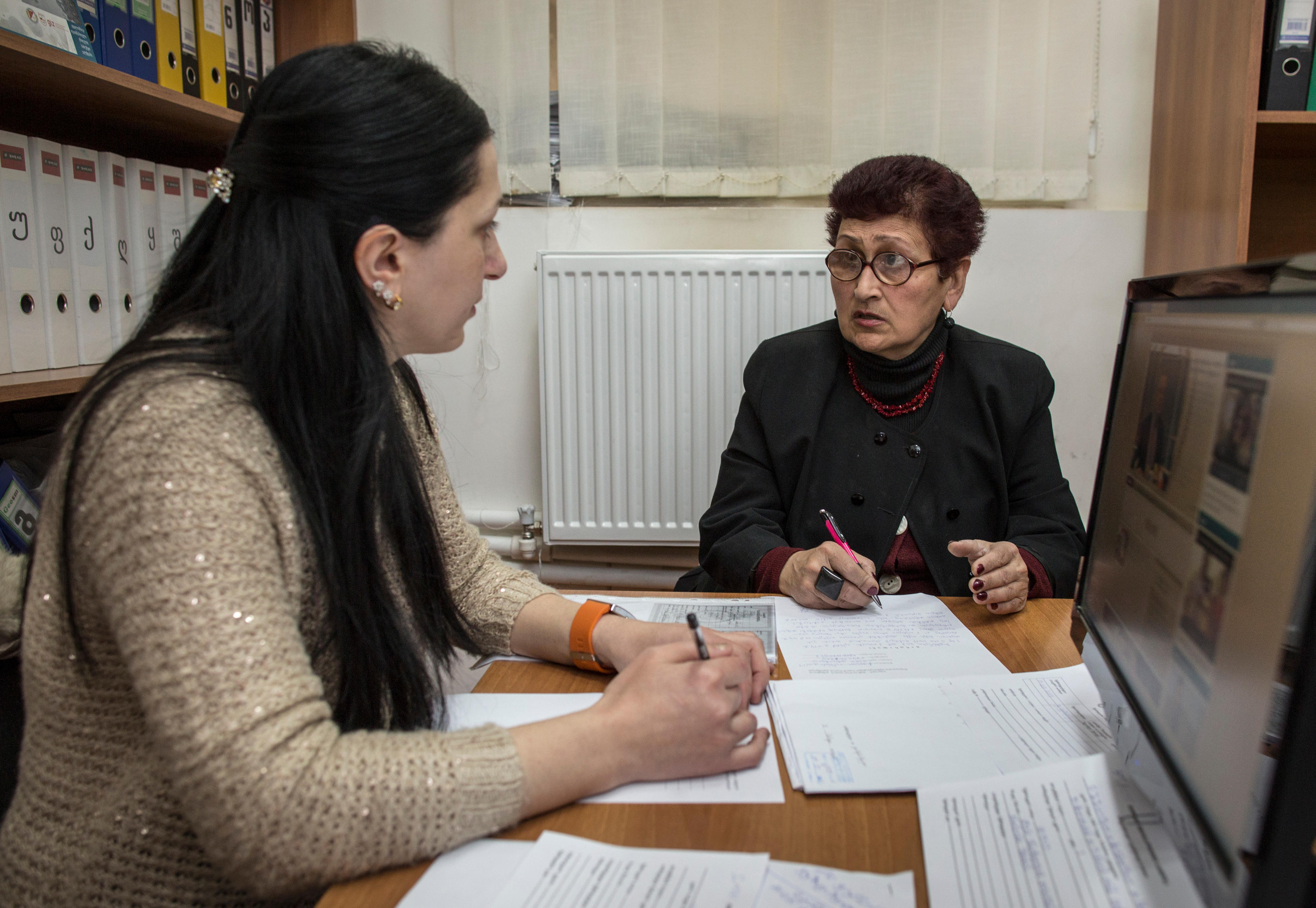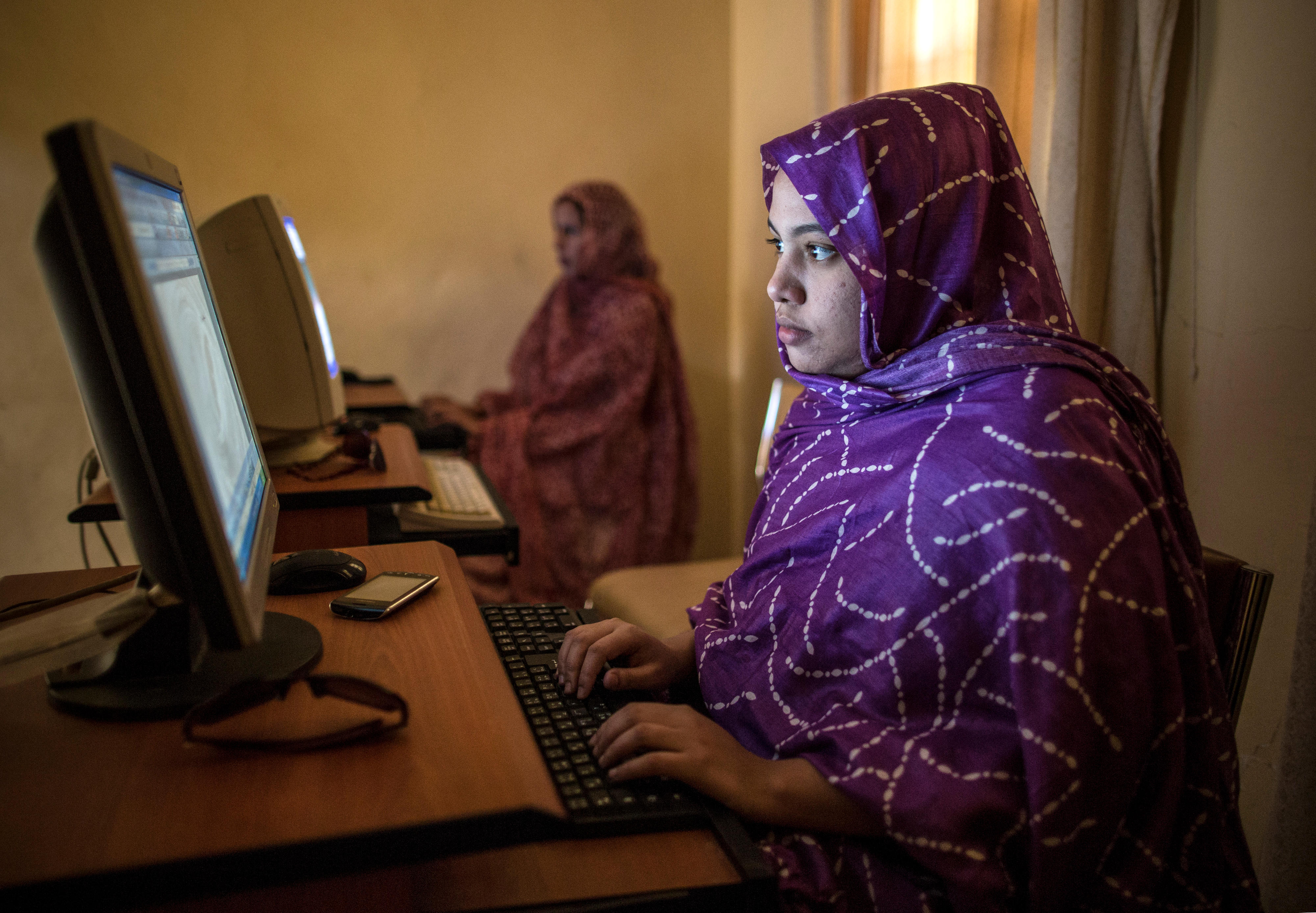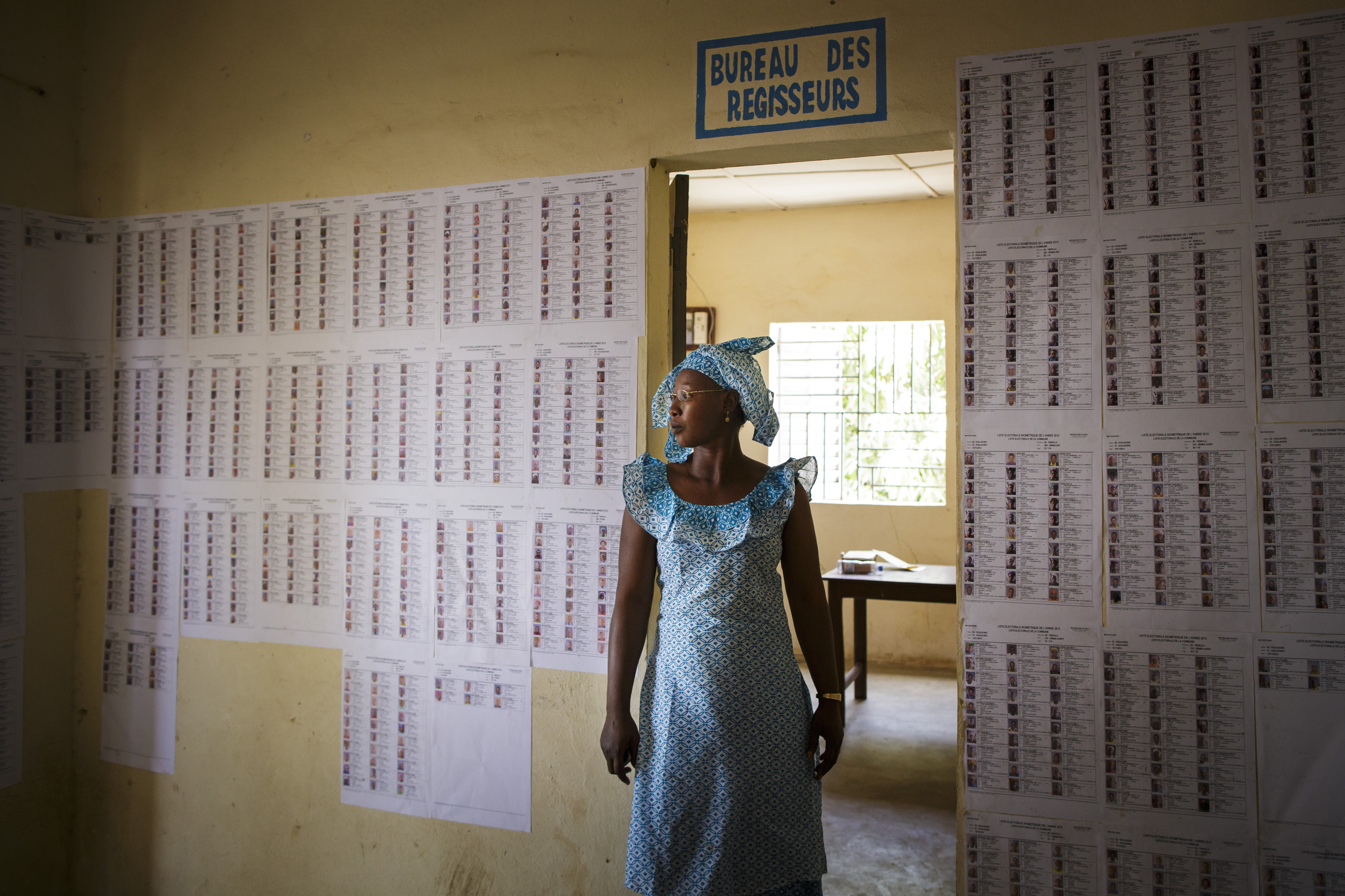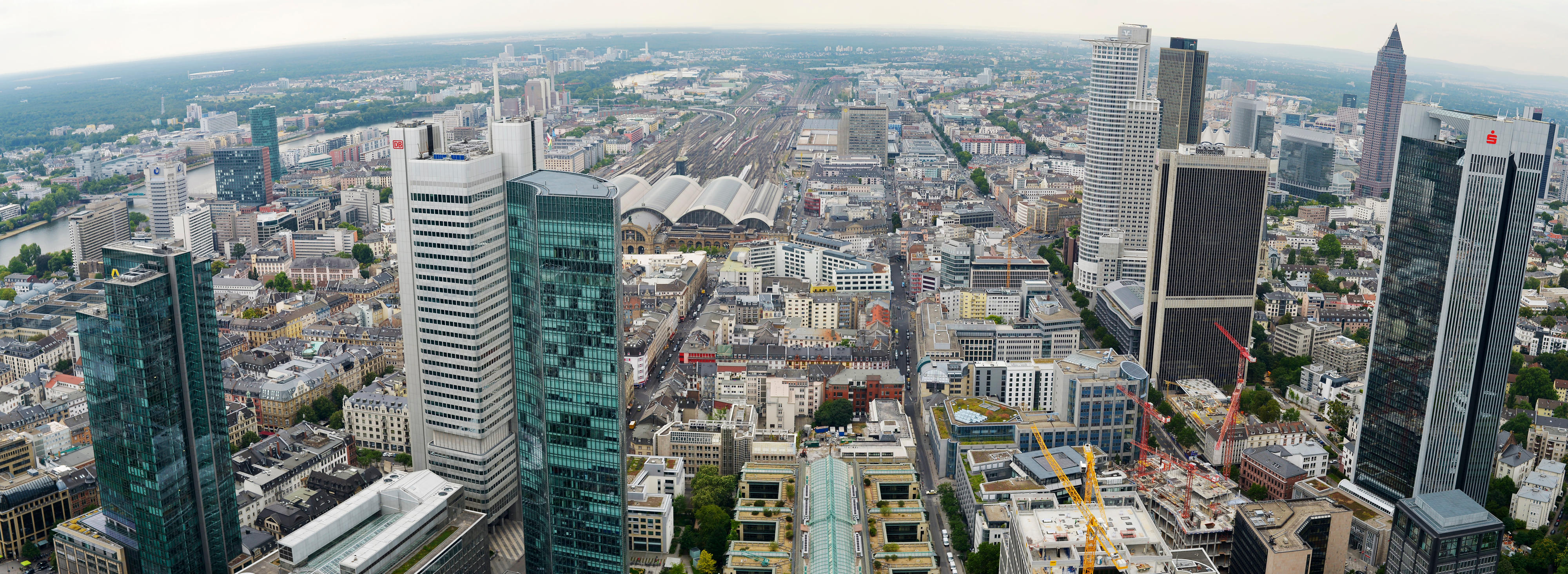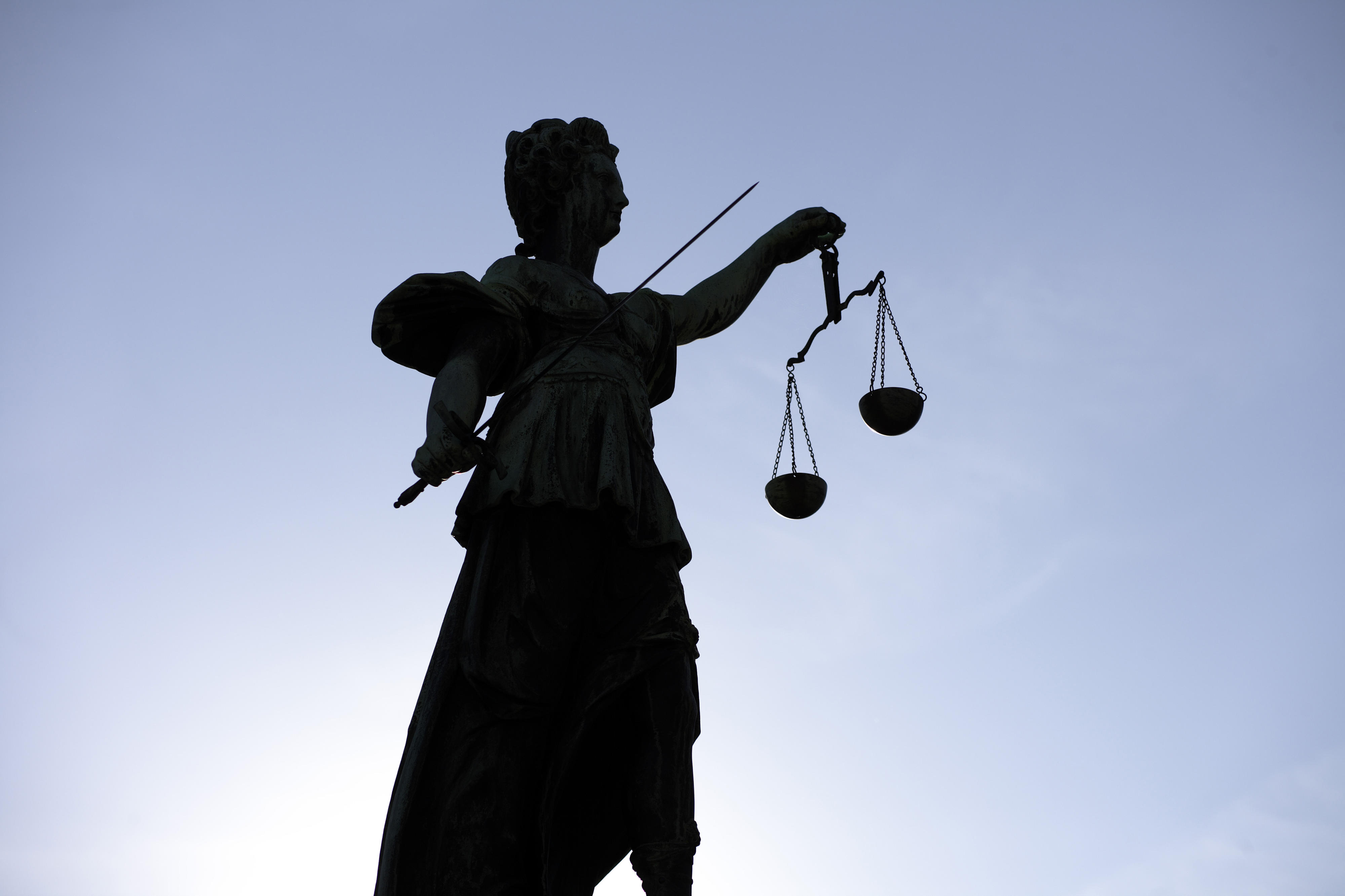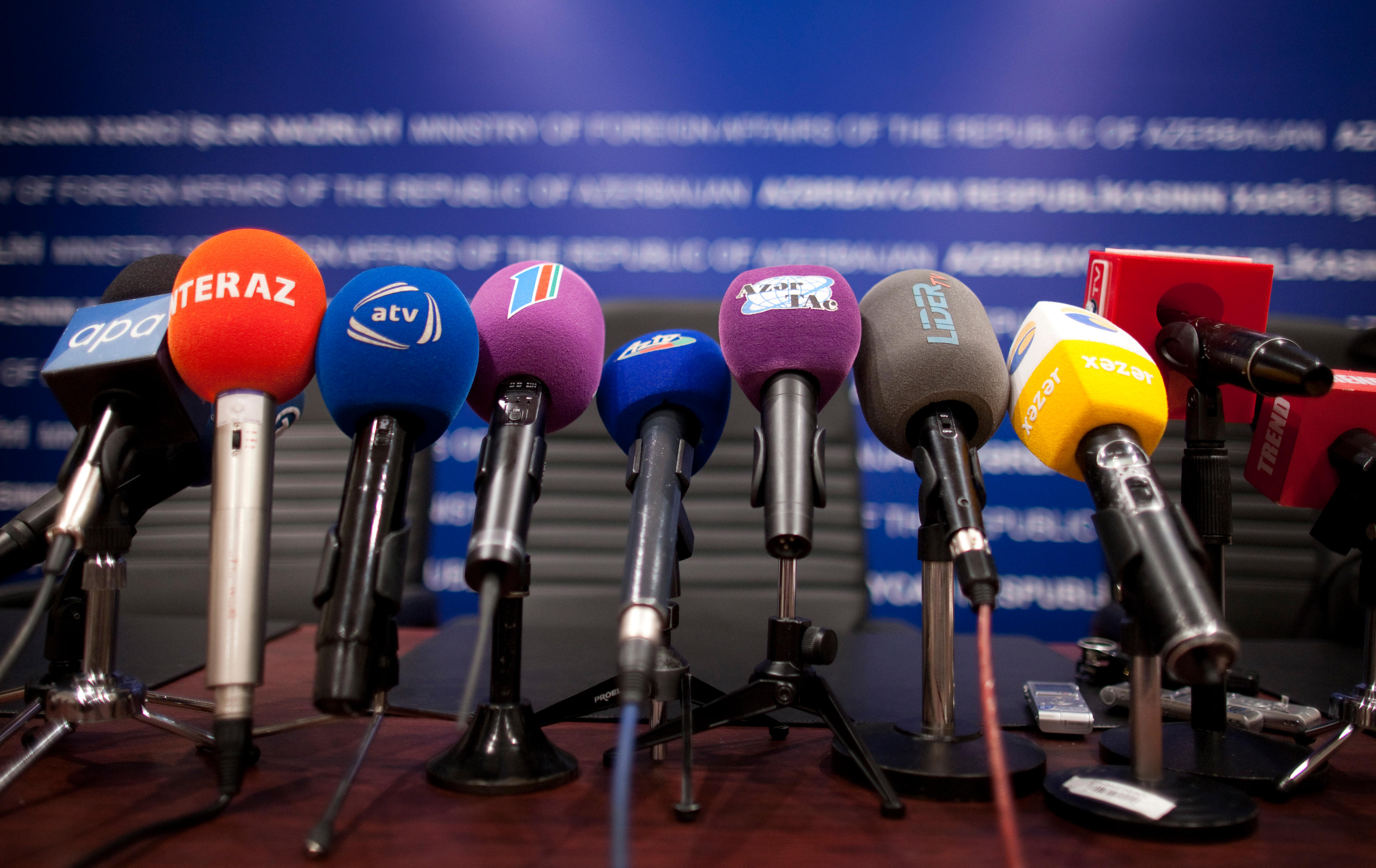Files in the Ministry of Finance in Accra, Ghana
Copyright© Ute Grabowsky/photothek.net
Decentralisation, administrative reform and municipal development
Germany’s leading role
Decentralisation requires far-reaching changes to be made to state structures. It entails re-allocating not only tasks but also powers and funding. That means that any reforms undertaken need to be tailored to the country concerned; they have to be designed and implemented with great sensitivity.
Germany is internationally acknowledged as a leading supporter of decentralisation processes. It has first-hand experience of what creating a federal state involves and has accumulated a wealth of knowledge on the topic through its bilateral development cooperation activities.
Decentralisation processes result in a redistribution of roles and tasks between the various levels of government and public administration. This in turn results in new relationships between the different levels and an altered relationship between the public and the government.
The decentralisation advice given through German development cooperation activities is always provided at all levels involved. Existing and new administrative entities and national, regional and local parliaments are given support in performing their duties and making an active contribution to municipal development. This support also takes into account the political, administrative and tax-related aspects of decentralisation so as to ensure that self-governance bodies at the local level receive appropriate financing and staff rather than merely being assigned additional tasks.
Forms of support provided through German development cooperation
Various strategies have been developed for German development cooperation activities to promote decentralisation processes. The specific instruments used depend on the situation on the ground in the partner country concerned.
Key elements are:
- advice for national governmental institutions on how to design, implement and adapt decentralisation reforms;
- training for civil servants at the national, regional and local administrative level and for elected members of regional and local parliaments;
- budget, finance and tax reforms aimed at increasing the autonomy and efficiency of the regions and municipalities;
- clear division of tasks and establishment of systems for communication and cooperation between all stakeholders at the different levels;
- introduction of supervisory and monitoring mechanisms to prevent and tackle mismanagement and corruption;
- financing of vital local infrastructure to support local development, e.g. construction of market squares, schools and hospital wards.
One of the major tasks performed by the public administration is to deliver services to the people and also to the private sector. Most of this takes placed at municipal level, either directly (the registration of births, deaths and marriages; matters relating to trade and commerce) or indirectly (for example education, health, energy supply).
Improvements in the functioning of the public administration are most obvious to the general public at the level of local government and administration. Measures to strengthen public administration at these sub-national levels therefore have an important function, linking decentralisation and administrative form.
Cooperation with partners
Employees in the local administration of Ouad Naga, Mauritania
BMZ decentralisation projects are primarily carried out by the government’s implementing organisations GIZ (responsible for advisory services) and KfW Development Bank (responsible for financing). Non-governmental actors, such as political foundations and the development services of the major churches, are also important partners. Their projects are mainly intended to strengthen democratic participation at the local level.
There are also a number of German cities and municipalities engaged in development work through such channels as twinning programmes. These activities are supported through the Engagement Global – Service point for development initiatives.
A dialogue and learning platform called “Development Partners Network on Decentralisation and Local Governance” (DeLoG) has been founded to share international experience on the promotion of decentralisation processes.
As at: 06/08/2025
